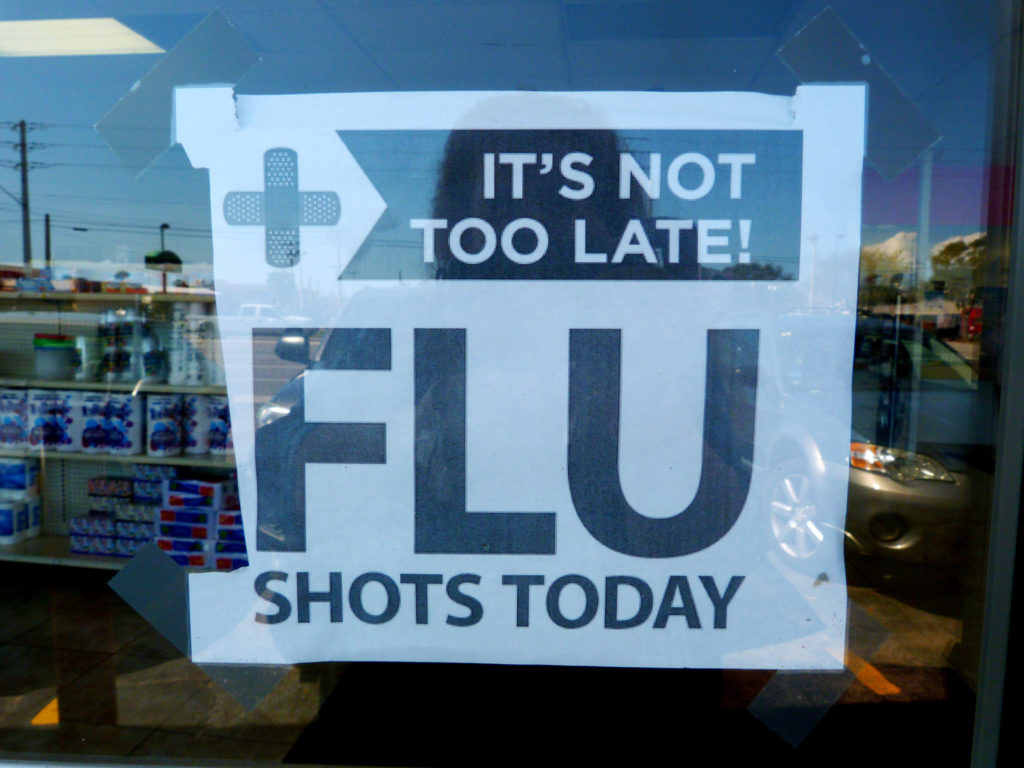
A universal vaccine for the flu remains many years off. But if there’s a breakthrough, it may come from a lab at Vanderbilt.
Dr.
James Crowe leads the Universal Influenza Vaccine Initiative, which is part of an initiative involving multiple U.S. institutions and pharmaceutical companies.
“One case of ebola or anthrax or something with a scary name occurs, everybody is scrambling for some solution,” he says. “But we tend to ignore the magnitude of deaths that we get from flu, which is tens of thousands of people.”
Worldwide, the fatalities approach 500,000 some years.
Crowe is updating leading researchers from the Centers for Disease Control and the National Institutes of Health on progress at
a summit near Vanderbilt this week.
“I think we’re a long way from a universal vaccine,” says Wayne Koff, CEO of the Human Vaccine Project. “I think, though, we are incrementally going to make our vaccines better and better.”
Koff says it appears this year’s vaccine is a better match for the ever-evolving virus than 2017, which was a
particularly severe flu season.
Experts gathered in Nashville also looked back at the pandemic of 1918 that
killed an estimated 50 million people around the globe and acknowledged how far prevention has come in the last century.


